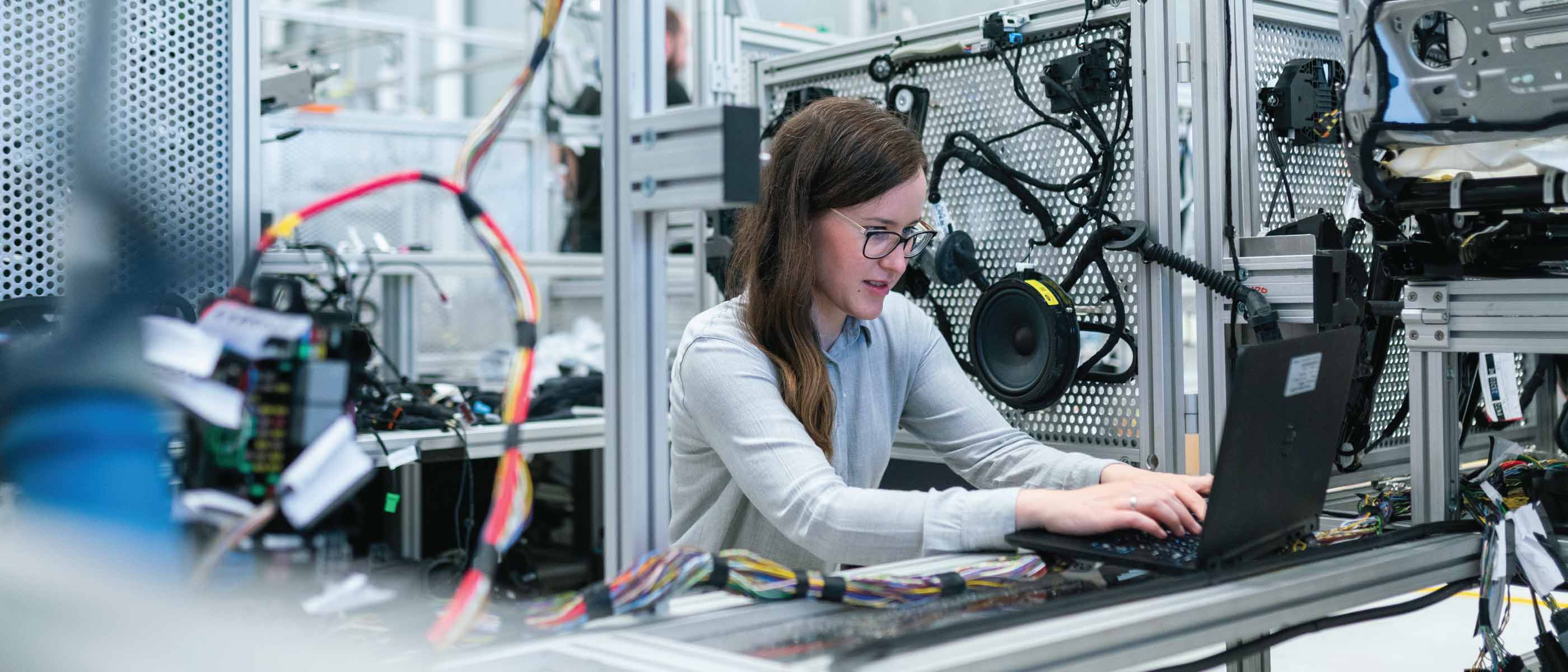

As the world is embracing innovations in technology, artificial intelligence is revolutionising the way we work, think, and act. What was once a concept in sci-fi movies is now a close-knit reality with infinite possibilities. Generative AI systems like ChatGPT and DALL-E are taking the world by storm with their ability to create novel content in seconds.
From healthcare to gaming, artificial intelligence has made an impact on several industries worldwide and is enhancing work efficiency. Businesses are investing in AI to maintain a competitive edge in the marketplace flooded with innovative technologies. The Financial Times recently reported that investment in generative AI exceeded $2 billion in 2022.
With active debates on AI replacing the human workforce going forward, let’s dive into the impact artificial intelligence has on various industries and the global economy.
What is Artificial Intelligence?
Artificial Intelligence is a broad term that refers to any set of technologies or software that can perform humanlike activities. Using AI, machines can learn, reason, think, and act similarly to what humans can do.
On a business and industrial operations level, AI is primarily based on machine learning and deep learning. Machine learning involves the use of algorithms to interpret and study data and make decisions with minimal human intervention. Deep learning AI is modelled based on the human brain and mimics its thinking process.
How may AI impact businesses and the economy?
Businesses seem to have developed a newfound interest in the powers of generative AI recently. Generative AI is being utilised for many tasks in the industrial world such as marketing, cybersecurity, healthcare, transport, sales, customer service, and entertainment.
The growing interest in artificial intelligence is visible with the amount of money different AI applications are currently raising. In 2019, OpenAI raised more than $1 billion in funding from the tech giant Microsoft. Jasper, Hugging Face, Stability AI, and Inflection AI have all raised huge amounts of funding. Google recently introduced Bard to take on the OpenAI sensation, ChatGPT.
The benefits of using artificial intelligence include automation, minimal errors, accuracy and speed, availability, and elimination of repetitive tasks. AI can automate work and perform tasks independently with accuracy and speed. It can process data and information much faster and more efficiently than the human brain which also leads to reduced manual errors. AI can perform repetitive tasks freeing people to take on other important work that cannot be carried out by a machine.
Grammarly is an example of a daily use AI application that most of us use. This writing assistant checks everything from grammar to syntax errors to help us produce error-free content. Similarly, AI models are used in the healthcare sector to diagnose diseases, detect cancer, develop new drugs, and perform other daily tasks.
Generative AI can bring human creativity and technological innovation together to help businesses achieve their targets without compromising on quality. In this way, it will boost the growth of the global economy.

Recent AI developments and its impact on jobs
Will ChatGPT replace the human workforce? This is a recurrent question echoing everywhere in the past few months. OpenAI’s new chatbot has sent waves of discomfort across the global workforce. The good news is that ChatGPT will not replace humans but will ease their work and increase efficiency.
ChatGPT is a chatbot that can answer any question within seconds. More than one million people have signed up to use its free trial version released on November 30, 2022. It can produce any type of content ranging from stories to programming codes.
It has the potential to be very beneficial to workforces in multiple industries as AI can help employees devote their time and energy to important duties while being able to help out with the trivial ones themselves. The recent advancements in the field of artificial intelligence can also create more job opportunities shortly.
For example, in the field of coding and programming, AI will make the job easy for software developers by writing generic and boilerplate codes allowing them to focus more on intensive functions. It takes great skill to be a software developer which an AI application cannot completely replace.
The rise of AI chatbots is likely to increase the demand for software developers who are well-versed in data science principles and applications. If you are an aspiring software developer, check out the software engineering bachelor’s and master’s programmes at the University of Europe for Applied Sciences (UE), Germany.
UE is a pioneering educational institution in terms of quality and infrastructure and offers you support throughout your journey to becoming a software developer. Acknowledged by students around the world for its practice and skill-oriented learning methods, UE is the best place for you to acquire essential knowledge and hands-on experience in your field of study. Enrol in a software engineering programme today.